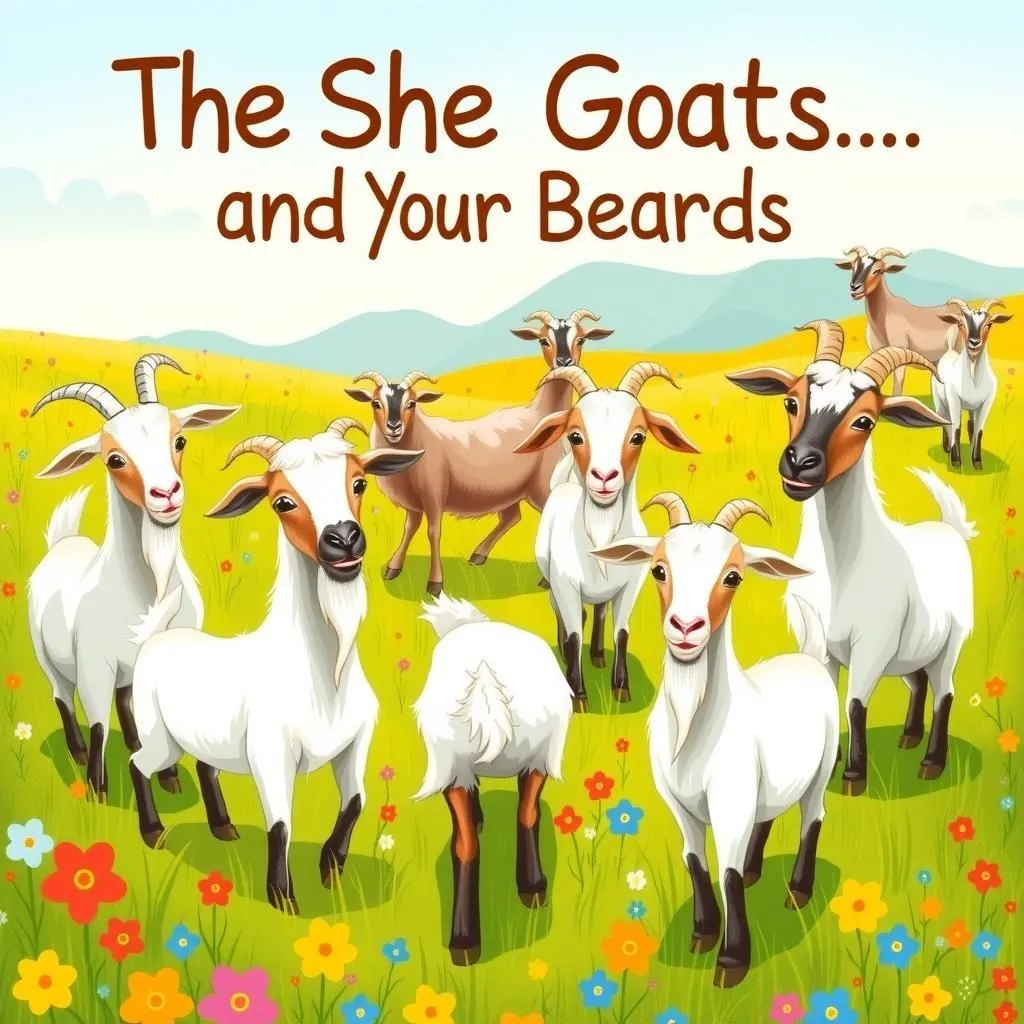Loading...
Aesopequality
The She Goats and Their Beards
In "The She Goats and Their Beards," a unique moral story, the female goats request beards from Jupiter, sparking discontent among the male goats who feel their dignity is threatened. Jupiter permits the females to don beards but reassures the males that their true strength and courage remain unmatched, highlighting that external appearances do not define merit. This childhood story with moral reminds us that superficial similarities do not equate to true equality.
2 min read
3 characters

2 min3
0:000:00
Reveal Moral
"The pursuit of superficial equality does not change the intrinsic differences in abilities or merits."
Quick Facts
- Age Group
- adultkidschildrenstory for class 2story for class 3story for class 4story for class 5story for class 6story for class 7story for class 8
- Theme
- equalityappearance versus realitypride
- Characters
- The She-GoatsThe He-GoatsJupiter
Subscribe to Daily Stories
Get a new moral story in your inbox every day.